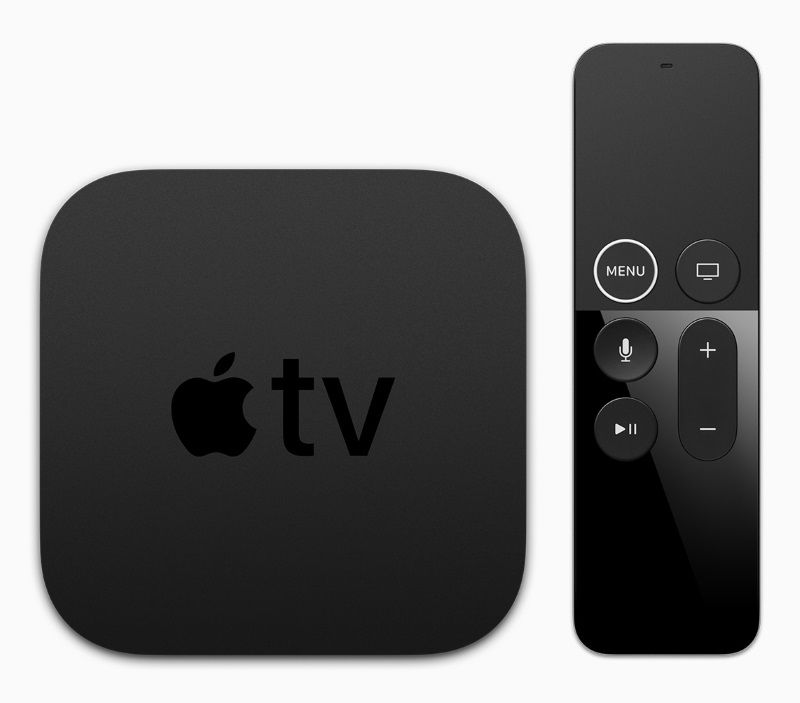More surprising is the fact Apple has no intention of charging you extra for the privilege of watching high-res content. Indeed, the company has confirmed it will upgrade all existing iTunes purchases to 4K where it’s available – for free.
When is the new Apple TV 4K release date?
You can now buy Apple TV 4K, which came out on 22 September.
How much does the new Apple TV 4K cost?
The new box is available in 32- and 64GB capacities, priced at £179 ($179) and £199 ($199) respectively at Apple’s online store. The fourth-gen Apple TV remains on sale at £149 ($149). Compare this to the Roku 3, which does not support 4K but is available a lot cheaper.
What is the difference between Apple TV (fourth-gen) and Apple TV 4K?
At first glance, there is very little separating the design of the fourth-gen Apple TV and new Apple TV 4K. There’s a new white ring around the menu button on the remote. Yep, that’s it. It’s the functionality that has changed, and this is key when it comes to a box intended for media streaming. Apple has caught up with its rivals by adding support for 4K and HDR with HDR10 and Dolby Vision. That means you’ll get sharper images (more pixels) with enhanced colour (better pixels). Of course you’ll still need a 4K TV to enjoy the new 4K content. But if you do have such a set, you’ll also be pleased to know all your existing HD purchases will be upgraded to 4K for free. The Verge has pointed out, however, that Apple TV 4K supports three major hardware-accelerated video codecs: H.264, HEVC (H.265) and MP4. That means it does not support the VP9 format favoured by 4K YouTube streams, and any content from that platform will be upscaled from 1080p on the box. In terms of hardware the Apple TV 4K now features the Apple A10X Fusion chip, which is the same processor as seen in the iPad Pro. It means the new Apple TV is two times faster and offers four times better graphics than the fourth-gen device. For more on tvOS see our sister site Macworld. Marie is Editor in Chief of Tech Advisor and Macworld. A Journalism graduate from the London College of Printing, she’s worked in tech media for more than 17 years, managing our English language, French and Spanish consumer editorial teams and leading on content strategy through Foundry’s transition from print, to digital, to online - and beyond.

